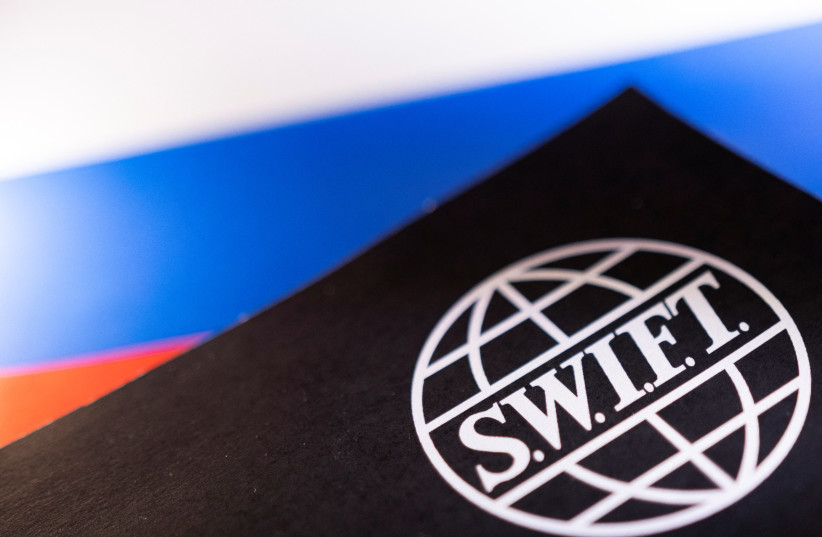Ex-IDF Unit 8200 chief and Team 8 co-founder Nadav Zafrir on Wednesday said that in a worst case scenario, Russian hackers may try to block the West from extracting natural gas and from access to the SWIFT banking system in response to sanctions against it.
Referring to the Russian invasion of Ukraine and the spin-off conflict with the West in a speech at the cybertech conference in Tel Aviv, Zafrir said, “We don’t know how this is going to unfold. We do know that the Russians probably have, excluding the West, the best cyber capabilities, defensive, but also offensive.”
Russia may to say to itself, if you are sanctioning our economy, maybe “we, the Russians, can make sure you cannot extract your gas either. If we cannot use SWIFT, we can take you off your SWIFT system as well.”
Read more on the Russia-Ukraine War:
Earlier, former Israel National Cyber Directorate (INCD) director Yigal Unna called Russian cyberattacks on Ukraine “frightening.”
Unna said, “As we see what is happen now in central Europe, it is more than disturbing, it is frightening. Cyber war is happening as we speak. We haven’t seen the worst yet.”

Describing Russian cyberattacks, he said “we are seeing ‘wipers’ [cyberattacks on websites], attacks against civilians, civilian entities and critical infrastructure, all the things we build and defend as nations.”
He warned that due to “war clouds and the fog of war… we still do not see all” of the consequences of Russian cyberattacks.
Next, Unna said that the rise in ransomware attacks, the amount of extortion money being demanded by hackers and the rise in the number of victims who are paying the ransoms is disturbing.
He cautioned that Israel is behind many countries in terms of formal legislation and regulation in the cyber sphere (though in the past INCD officials have said that Israel has achieved a lot through informal moves.)
Unna complimented “all six agencies dealing with cyber security, including his agency, the IDF’s multiple units, the Mossad and the Shin Bet on “working together to win.”
In addition, he said, “whatever worked yesterday won’t work today or tomorrow.” He spoke disparagingly of cybersecurity corporate officers who ignored warnings on Thursday of impending cyber attacks, saying they would deal with it after the weekend,
But “the attack comes before the weekend!” exclaimed Unna, adding “if your CISO [Chief Information Security Officer] works only ‘working hours’, well it is 24/7.”
He also took to task the slow pace at which companies deal with public government or company warnings of vulnerabilities on software, saying that “the good guys” take around 14-21 days to fix publicized cyber gaps, whereas the “bad guys” need only around nine days to exploit the gap.
“That is five to 12 days too long,” he said.
Also at the conference, President Isaac Herzog complimented Israeli cyber companies for protecting millions around the world from cyber attacks.
Herzog said that Israel needed to move at the same fast pace as malicious actors in always improving its cyber defenses and resilience.
Also, at the conference, CybergymIEC announced new moves to enhance its connectivity with the Israel Electric Company which will also increase the company’s ability to market and sell its proprietary cyber technology globally.
